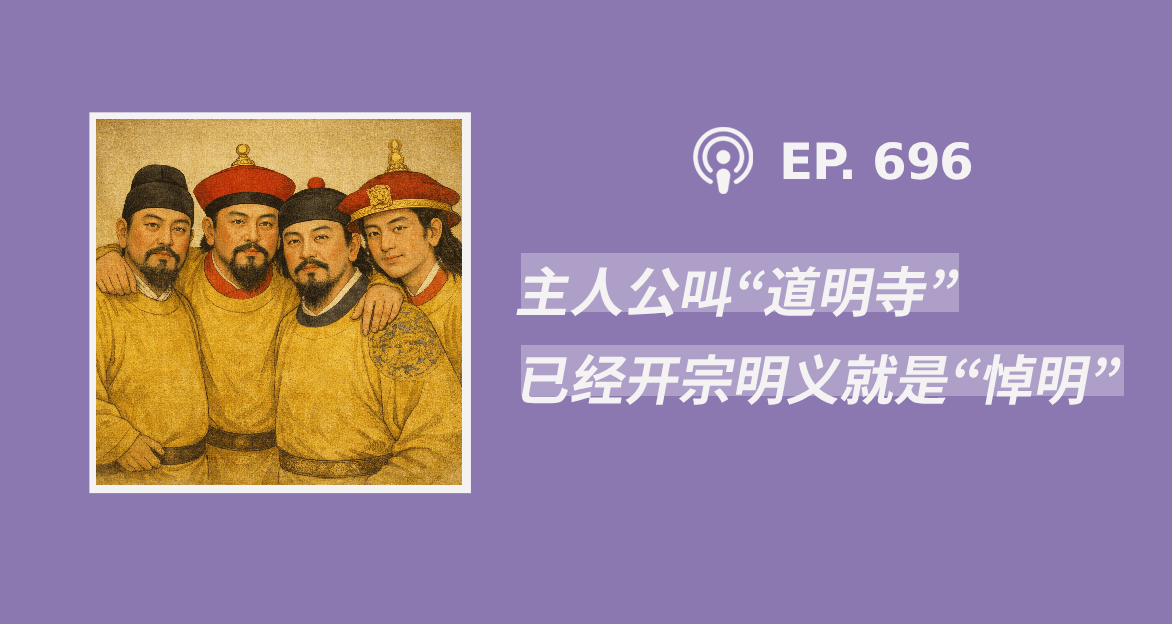
又一位记者因推特而辞职——这一次是 CNN 的一位资深编辑、混迹新闻网络达 20 年之久的老手。Octavia Nasr 在推特上发布了一条信息,表达对一位被某些国家(包括美国)视为恐怖组织的真主党精神领袖的什叶派教士的逝世的伤感之情后,同意离开公司。虽然有很多记者都曾因他们在推特和其他网站上的言论而丢了饭碗,但 Nasr 可能是因推特而辞职的职位最高的一个了,而她的离去很可能将会重新激起记者是否应该在社交网站上分享个人意见的辩论。
In a message posted on July 4th at 4 a.m., Nasr — who contributed to the network’s Middle East coverage — said that she was sad to hear of Grand Ayatollah Mohammed Hussein Fadlallah’s death, and that she respected him as “one of Hezbollah’s giants.” A CNN spokesperson said that her comments were “an error in judgment” and that they “did not meet CNN editorial standards.” Ironically, Nasr was described in her online biography at the network as “a leader in integrating social media with newsgathering and reporting.”
在 7 月 4 日早上 4 点,Nasr——她负责这一网站的中东地区——在一条信息中说她听说 Grand Ayatollah Mohammed Hussein Fadllallah 逝世的消息感到很难过,她还说她将他敬为“真主党的巨人之一”。一位 CNN 的发言人称她的言论“有失判断”、“不符合 CNN 的编辑的准则。”讽刺的是,Nasr 在这个网站的在线简介上被描述为“集新闻收集与报道于社交媒体的领头羊”。
Nasr said in a blog post that her comment was misinterpreted, and that she didn’t mean she agreed with everything the Hezbollah spiritual leader believed about Israel. She also said that her experience “provides a good lesson on why 140 characters should not be used to comment on controversial or sensitive issues, especially those dealing with the Middle East.”
Nasr 在一篇博客中说她的言论被误解了,她的意思并非赞成真主党精神领袖对以色列的一切看法。她还说她的经历“是个很好的例子,说明了为什么那 140 个字的微博不应该用来评论有争议的或者敏感的话题,特别是那些和中东有关的”。
Nasr’s departure is the latest example of the double-edged nature of Twitter when used by the media: its brevity and personal nature makes it the perfect medium for journalists to both report the news and express themselves, and allows them to connect with readers more easily than traditional publishing methods — but those features also make it the perfect weapon for pointing out what critics might take to be a journalist’s failings or personal foibles. And it is tempting for reporters and editors using Twitter outside of the newsroom to say the things they couldn’t say while they were busy trying to remain objective.
Nasr 的离去是推特为媒体而用的天然双面性的最新范例:推特天然的简洁与个人性让它成为记者报道新闻和发表观点的完美媒介,也让他们能比传统出版方式更容易地和读者接触——但那些特点也成为了批评家的完美武器,指出记者的错误或者个人缺点。而且它也吸引记者和编辑在办公室之外发表那些他们在工作中忙于保持客观态度而无法说出来的话。
Even reporters and editors with the New York Times and Washington Post have succumbed to this temptation: the Times got some attention last year after reporters there posted comments to Twitter about an internal staff meeting, and the Washington Post drafted what some saw as an overly restrictive policy on the use of social media that eventually led one of the newspaper’s managing editors to cancel his Twitter account for fear of breaching them. And as more journalists start to use Twitter and other social-media tools, this kind of conflict is likely to become even more common.
就连《纽约时报》和《华盛顿邮报》的记者和编辑都无法抵抗这种吸引:《纽约时报》去年在一些记者在推特上发表关于内部员工会议的言论后就大受关注,而《华盛顿邮报》起草了一份关于使用社交媒体的被视为过度严格的政策,最终导致一名报社的管理编辑因惧怕违反那些政策而关掉了他的推特帐户。而随着越来越多的记者开始使用推特和其他媒体工具,这样的冲突很可能变得越发普遍。
The reality is that social media forces journalists to confront the fact that while many of them pretend professionally to have no opinions — outside of the op-ed pages — reporters and editors have plenty of their own views on the issues they cover, and those views can color the journalism they produce. In the interests of full disclosure, I agree with TechCrunch editor Michael Arrington, who argues that allowing journalists to express their opinions is a positive thing, because then everyone knows where they stand, instead of suspecting hidden agendas.
事实上社交媒体迫使记者直面现实,虽然他们中很多人都得假装专业而保留个人意见——在论坛式的网页以外——记者和编辑其实对于他们报道的事件有着许多个人看法,而那些看法可以为他们的报道添色不少。在完全曝光的好处上,我同意 TechCrunch 的编辑 Michael Arrington 的意见,他认为允许记者表达个人看法是进步的体现,因为这让所有人知道他们的立场,而不是让人捉摸不透地隐藏起来。
David Weinberger, a former fellow with the Harvard Berkman Center for Internet & Society, has also argued that “transparency is the new objectivity,” and that readers can now make up their own minds about whether journalists are credible or not by looking at the sources of the news they are reporting, rather than relying on the notion of objectivity. “Transparency gives the reader information by which she can undo some of the unintended effects of the ever-present biases,” he said in a blog post last year. “Transparency brings us to reliability the way objectivity used to.” Transparency is also much more effective online because journalists can link to supporting evidence for their arguments, Weinberger said, instead of just relying on the principle of objectivity to buttress their opinions. “Objectivity,” he wrote, “is a trust mechanism you rely on when your medium can’t do links.”
哈佛大学伯克曼网络与社会中心的前任员工 David Weinberger 也认为“透明度是新的客观性”,现在读者可以通过自己观察记者报道的新闻源头,而非依赖于客观标准来用自己的头脑决定记者是否可信。“透明度提供读者以信息,以此她可以不受经常存在的偏见的潜移默化的影响,”他在去年的一篇博文中谈道。“透明度就像过去客观性那样带给我们可靠性。”透明度在网上也更加有效,因为记者能链接到支持他们的观点的佐证。“客观性,”他写道,“是当你的媒体无法使用链接时的一个可靠的机制。”
And now that most media companies are trying to engage in that new medium, they had better get used to some of the new rules — and that includes reporters who might express potentially controversial opinions on Twitter.
既然大部分媒体公司都在尝试融入到新媒体中,他们最好能习惯一些新规则——其中就包括了记者可以在推特上发表潜藏有争议的观点。
请看原文:
推特迫使媒体正视客观性的意义














